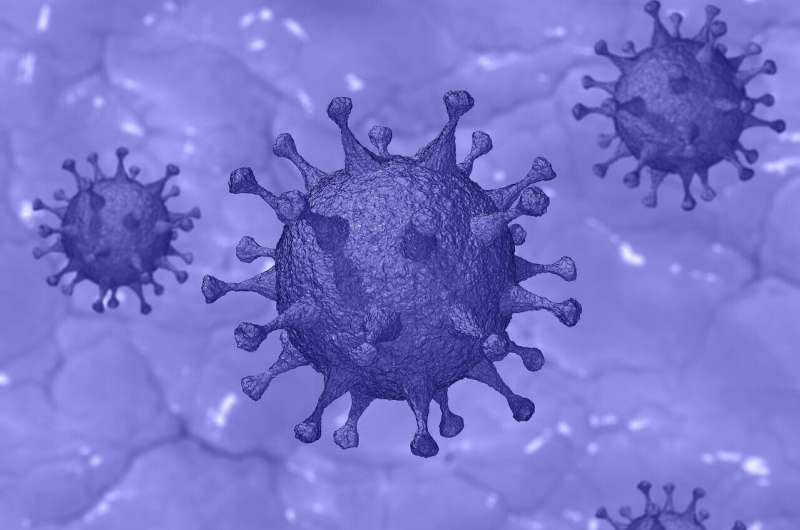
Australian scientists have described the evolution of immunity levels up to four months following COVID-19 infection, finding that while antibody levels drop dramatically in the first one to two months, the decrease then slows down substantially.
The findings suggest that protective COVID-19 vaccines should ideally generate stronger antibody responses than natural infection.
The research team, including University of Melbourne Dr. Jennifer Juno, a Senior Research Fellow at the Peter Doherty Institute for Infection and Immunity (Doherty Institute), have been investigating how the immune system, particularly B and T cells, responds to the COVID-19 spike protein.
The spike protein enables SARS-CoV-2 to attach and enter cells in humans and is crucial in inducing neutralizing antibodies to protect from re-infection.
B cells are responsible for producing the antibodies that recognize SARS-CoV-2, while T cells play an important role in supporting the development of the B cell response.
Dr. Juno said one of their striking observations was that over the four months they were tracking the patients, the number of B cells recognizing the spike protein actually increased in almost all of them, regardless how severe their disease was.
“This is interesting because our work and other recent studies suggest these B cells are continuing to accumulate and potentially evolve over time. That should be useful for protection in the event of another exposure in the sense that those ‘memory’ cells should be able to be activated again,” Dr. Juno said.
“While we still don’t know how much antibody you actually need to be protected, either through a vaccine or through natural infections, the recent results from phase 3 vaccine trials should soon allow us to understand how long natural immunity should last.
“In addition, what remains to be understood is whether these changes in B cell memory can help the immune system to recognize and be protected against new SARS-CoV-2 variants that are currently emerging.”
Source: Read Full Article
